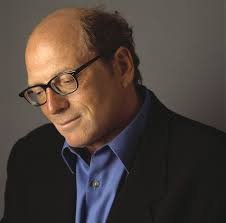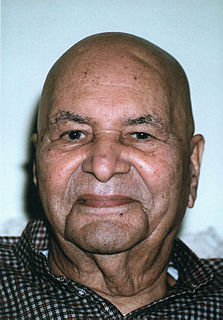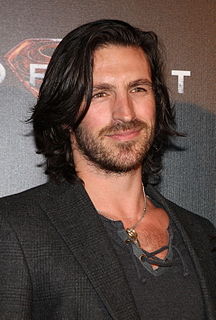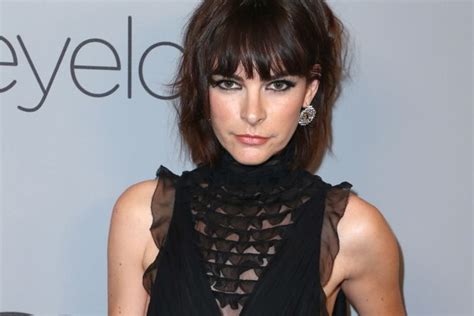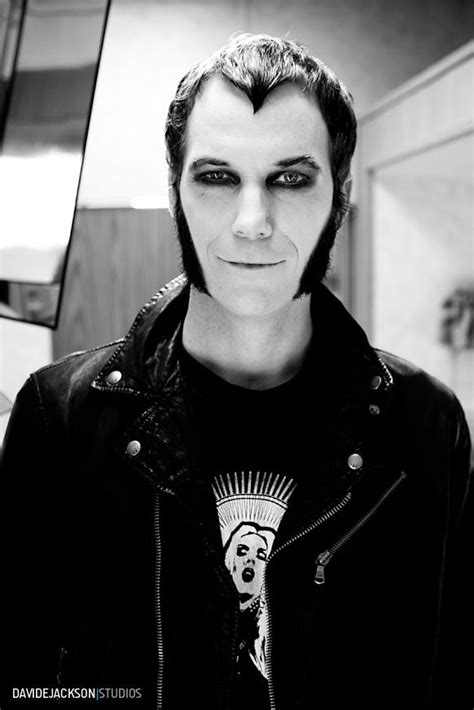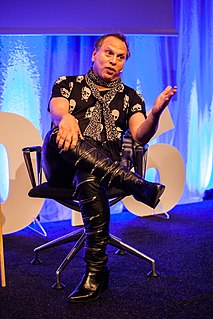A Quote by Jami Attenberg
I don't think there's any topic a writer should feel afraid of tackling just because it has already been discussed. If you feel you have a fresh perspective and an understanding of a certain emotional truth, it's always worth writing.
Related Quotes
If I write a paragraph and I don't get a certain lift from it, if I don't feel connected to it emotionally, then it's dead to me. When I'm reading other fiction writers, if I don't get any emotional investment from the writer, if it's just intellectual or clever - you know, most writing that passes as deep is just clever - I don't feel any connection.
We think we have to be a certain way because we have been taught to be a certain way. Actually the only truth is to keep quiet and see what happens from there. When I feel ill-tempered, when I feel sad, when I feel distant, it's just something that is happening. When I don't compare it to the past and project it into the future, then it's just something that is happening now. It's a way of dying now.
My literary criticism has become less specifically academic. I was really writing literary history in The New Poetic, but my general practice of writing literary criticism is pretty much what it always has been. And there has always been a strong connection between being a writer - I feel as though I know what it feels like inside and I can say I've experienced similar problems and solutions from the inside. And I think that's a great advantage as a critic, because you know what the writer is feeling.
What I react against in other people's work, as a filmgoer, is when I see something in a movie that I feel is supposed to make me feel emotional, but I don't believe the filmmaker shares that emotion. They just think the audience will. And I think you can feel that separation. So any time I find myself writing something that I don't really respond to, but I'm telling myself, 'Oh yes, but the audience is going to like this,' then I know I'm on the wrong track and I just throw it out.
How can you be afraid to feel? Isn't fear a feeling? If you're feeling fear, you've felt one of the most negative emotions there is to feel. Everything else should be a piece of cake. Feel good, feel happy, feel healthy, feel loved, feel abundant, feel creative, feel compassionate, feel knowledgeable, feel powerful.
In fact, I always assumed that most everything I read was true, to one degree or another. I couldn't articulate this fact until after I read Tim O'Brien's The Things They Carried and he discussed Happening Truth, Story Truth, and Emotional Truth. I always understood that the facts of The Sun Also Rises or On the Road were the facts as dictated by a certain narrative structure, but because the experiences of those characters echoed my own feelings about the world. I knew there was a Happening Truth behind them.
I say "on principle" [regarding 'lesbian writer'] because whenever you get one of your minority labels applied, like "Irish Writer," "Canadian Writer," "Woman Writer," "Lesbian Writer" - any of those categories - you always slightly wince because you're afraid that people will think that means you're only going to write about Canada or Ireland, you know.

